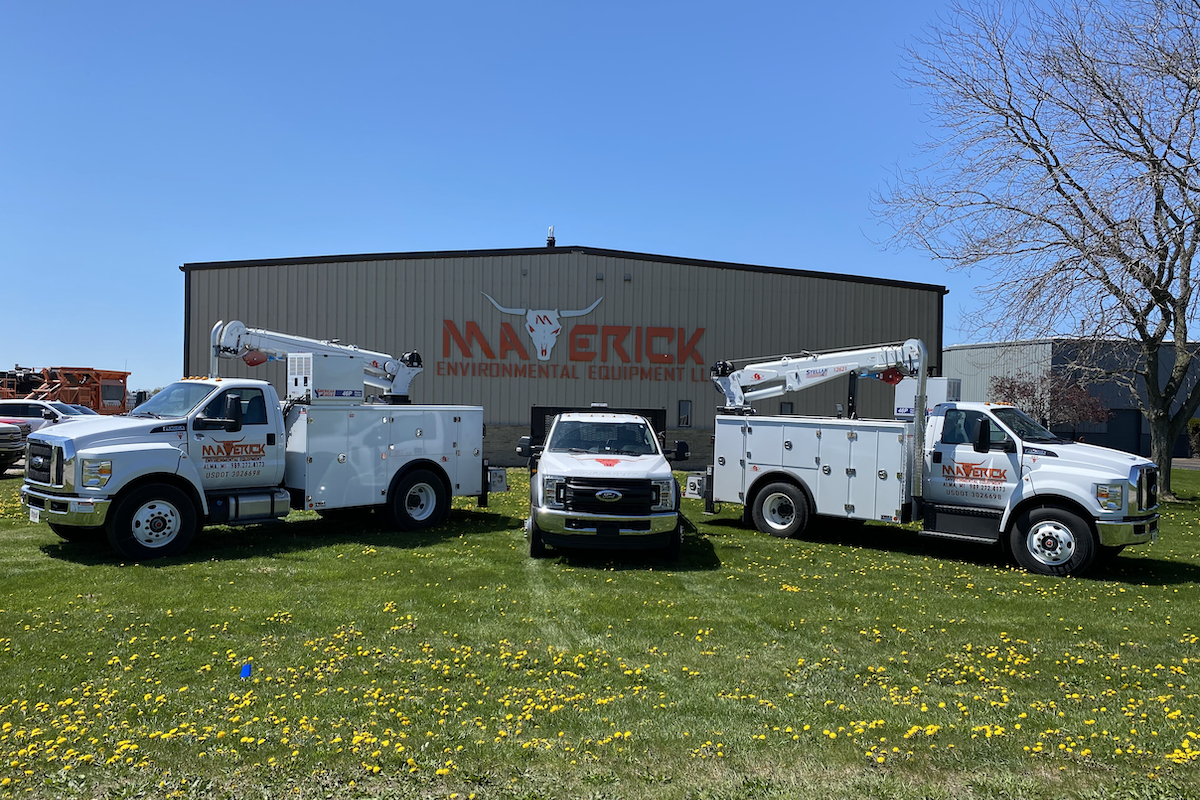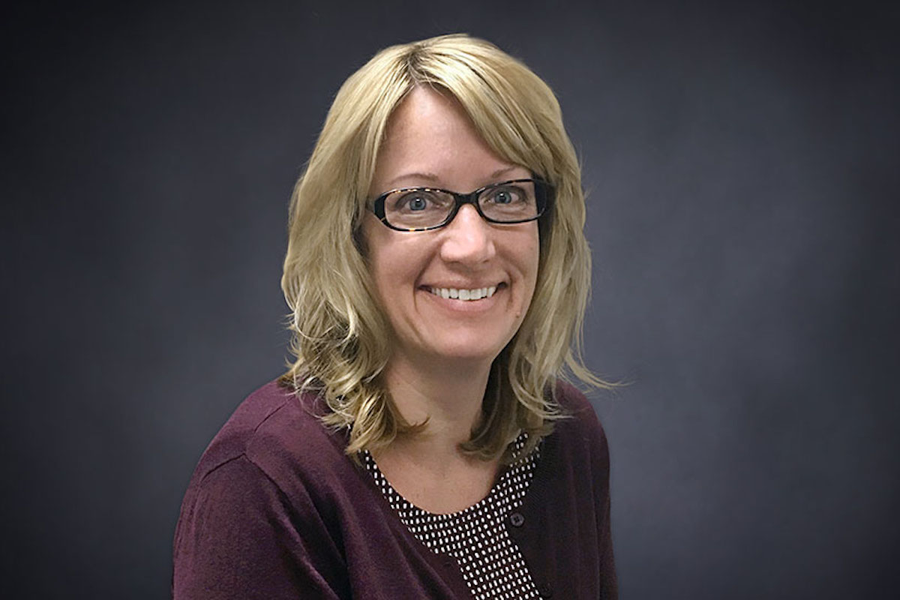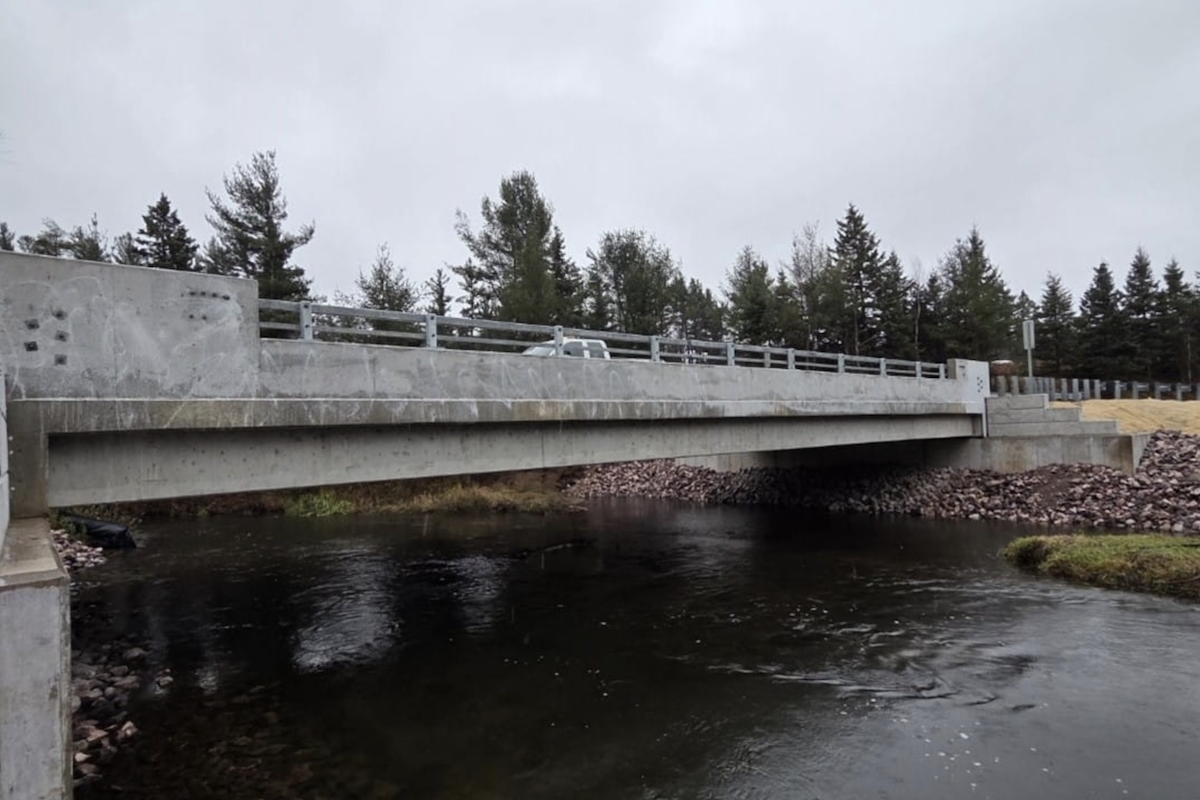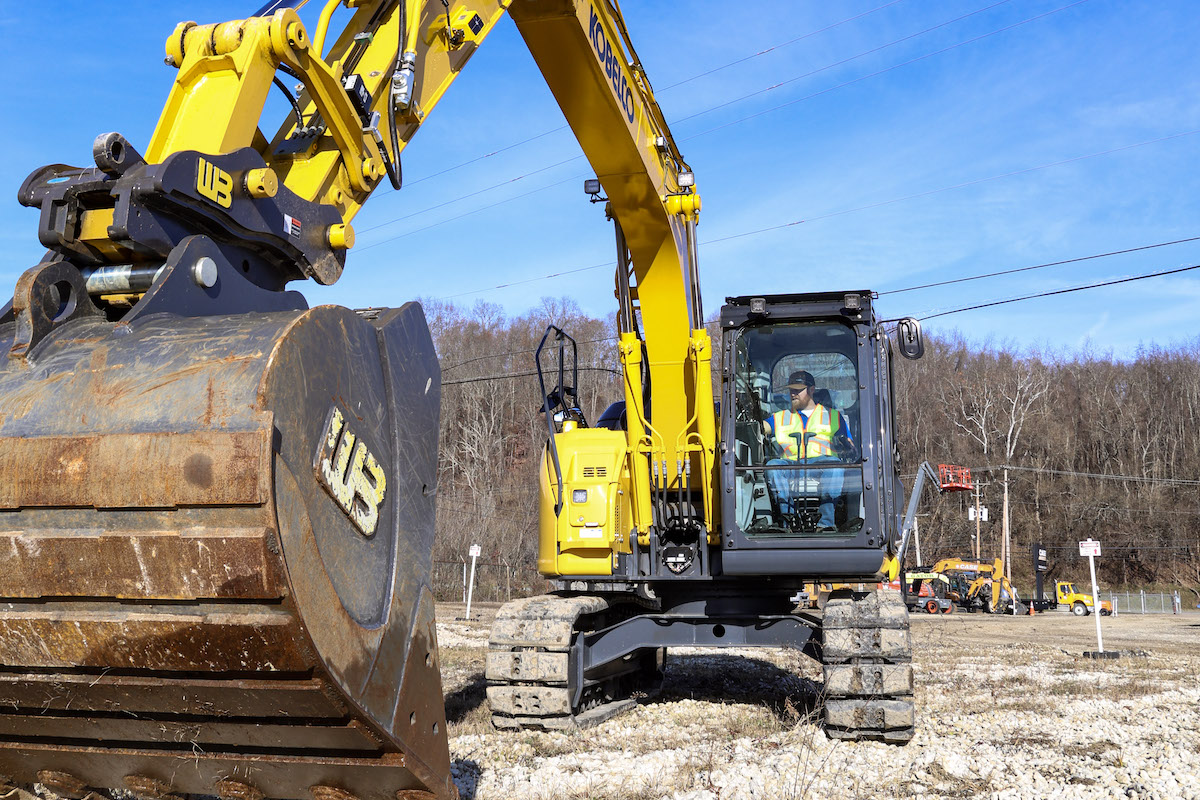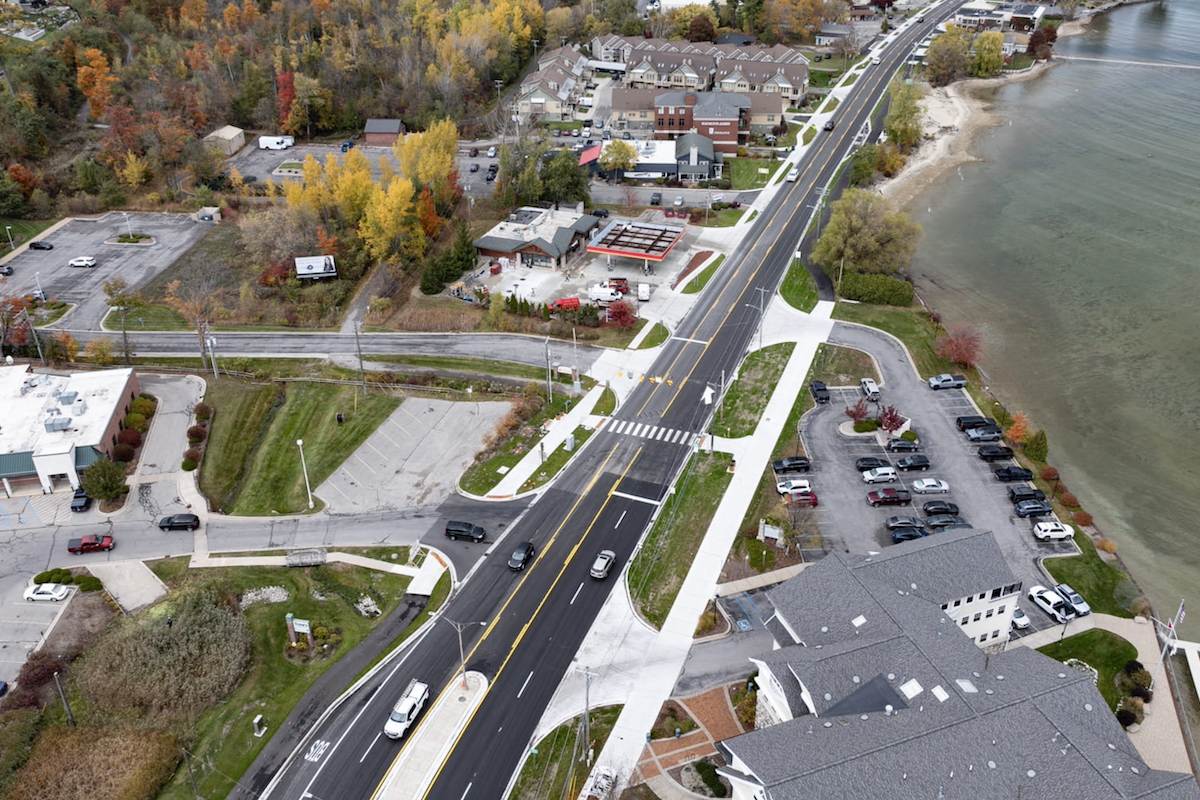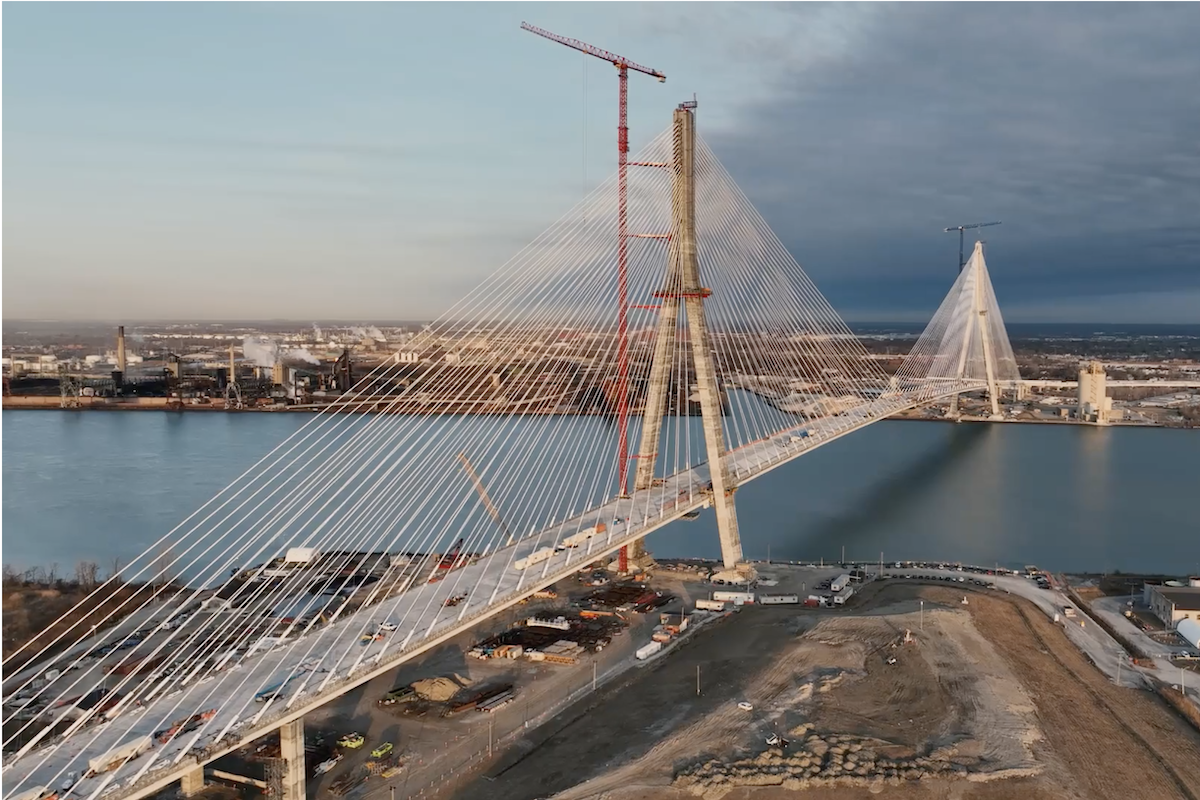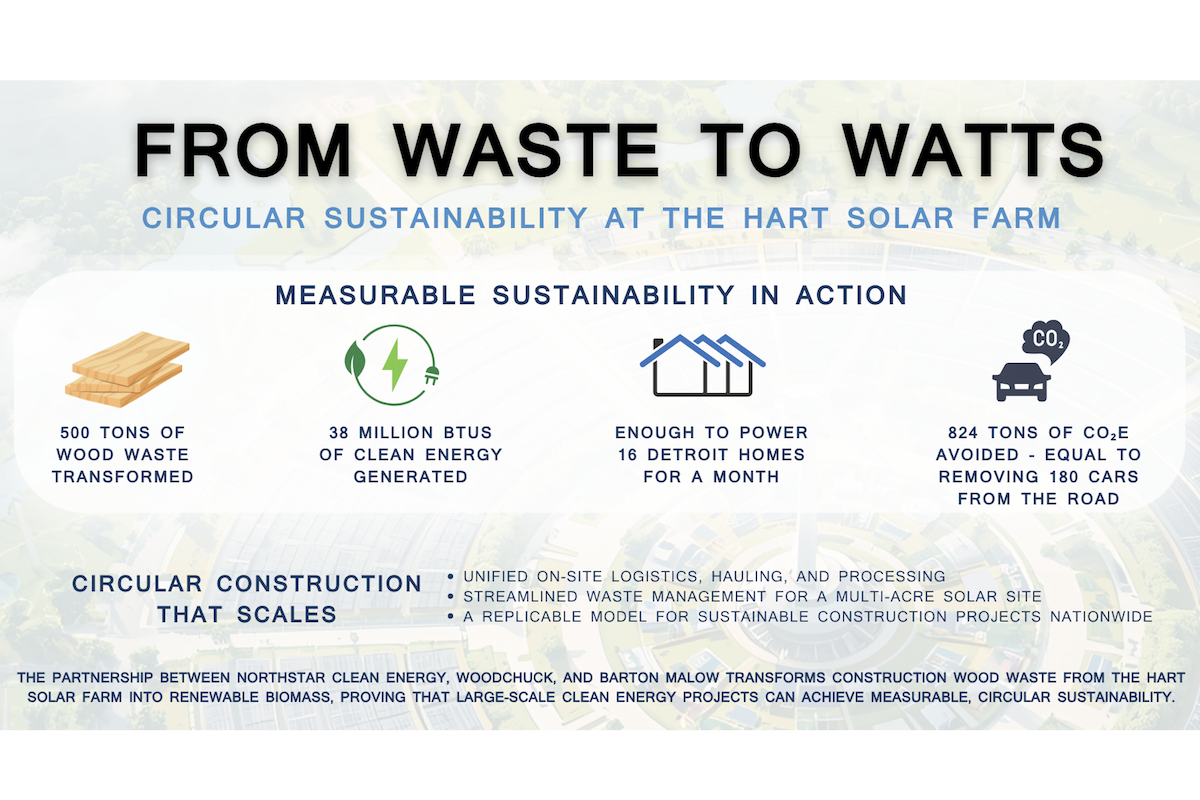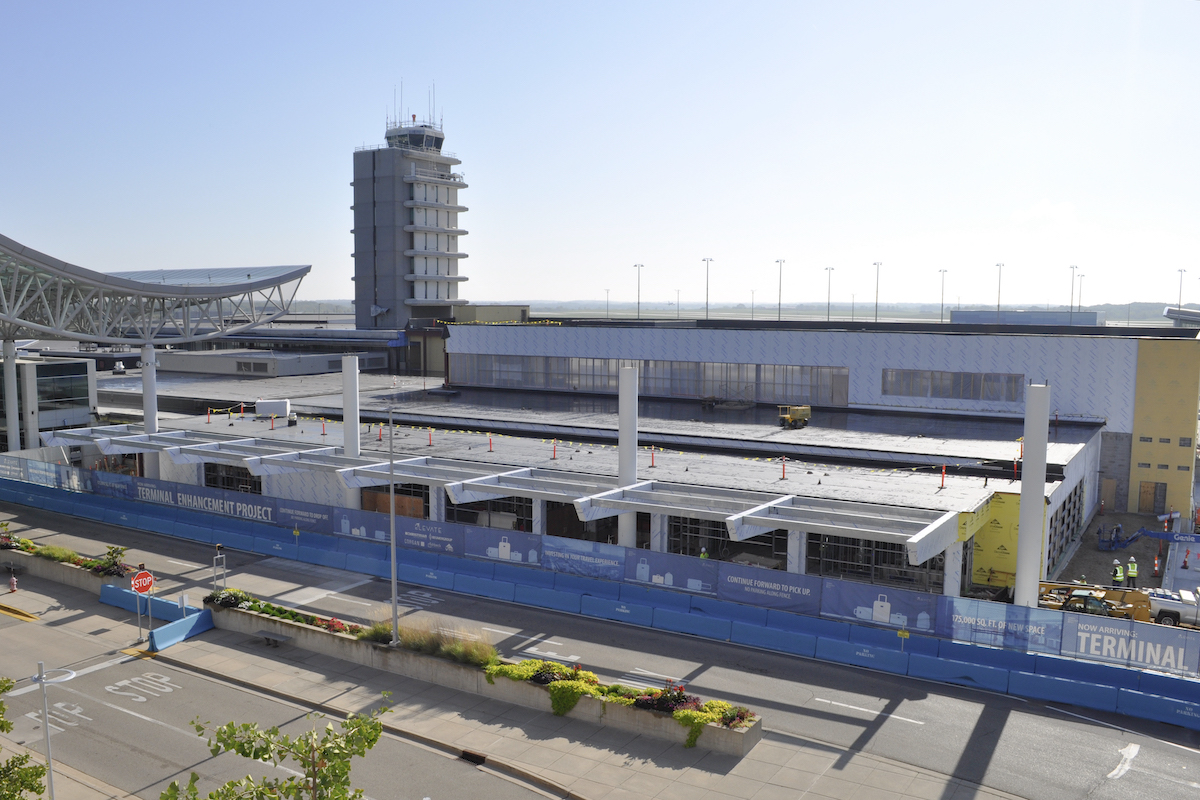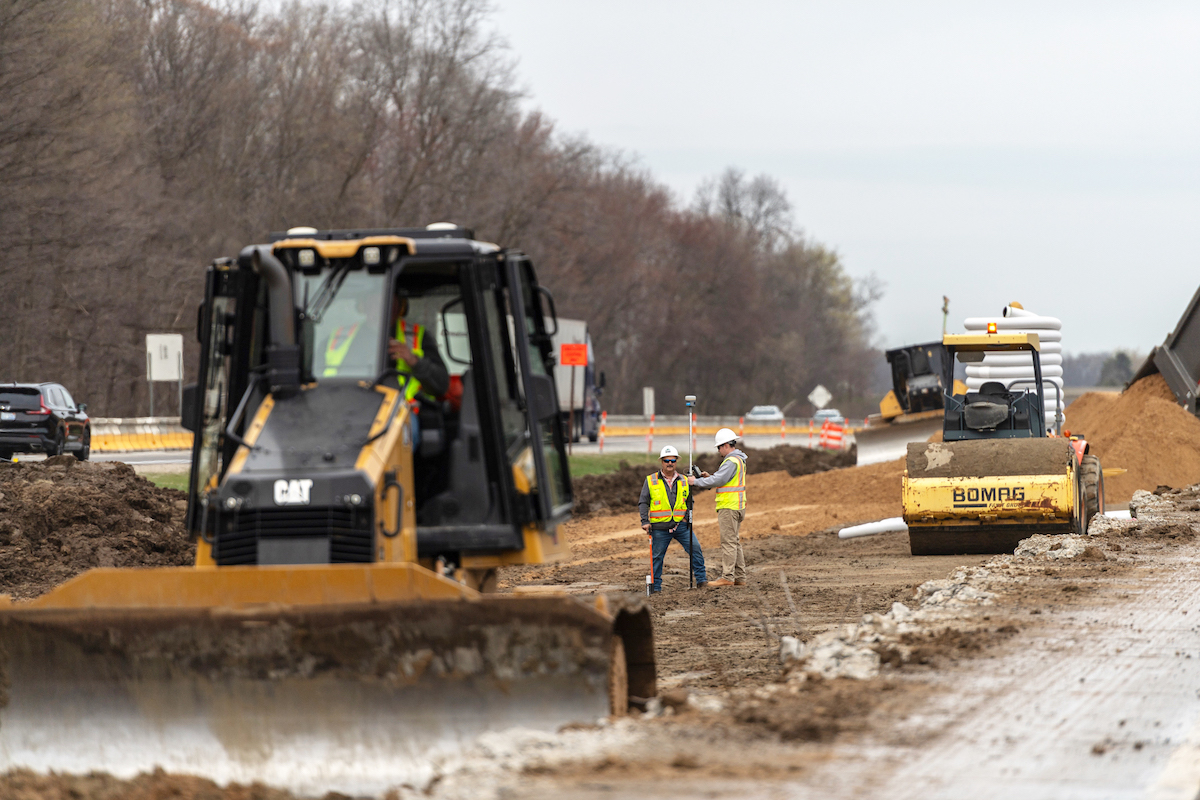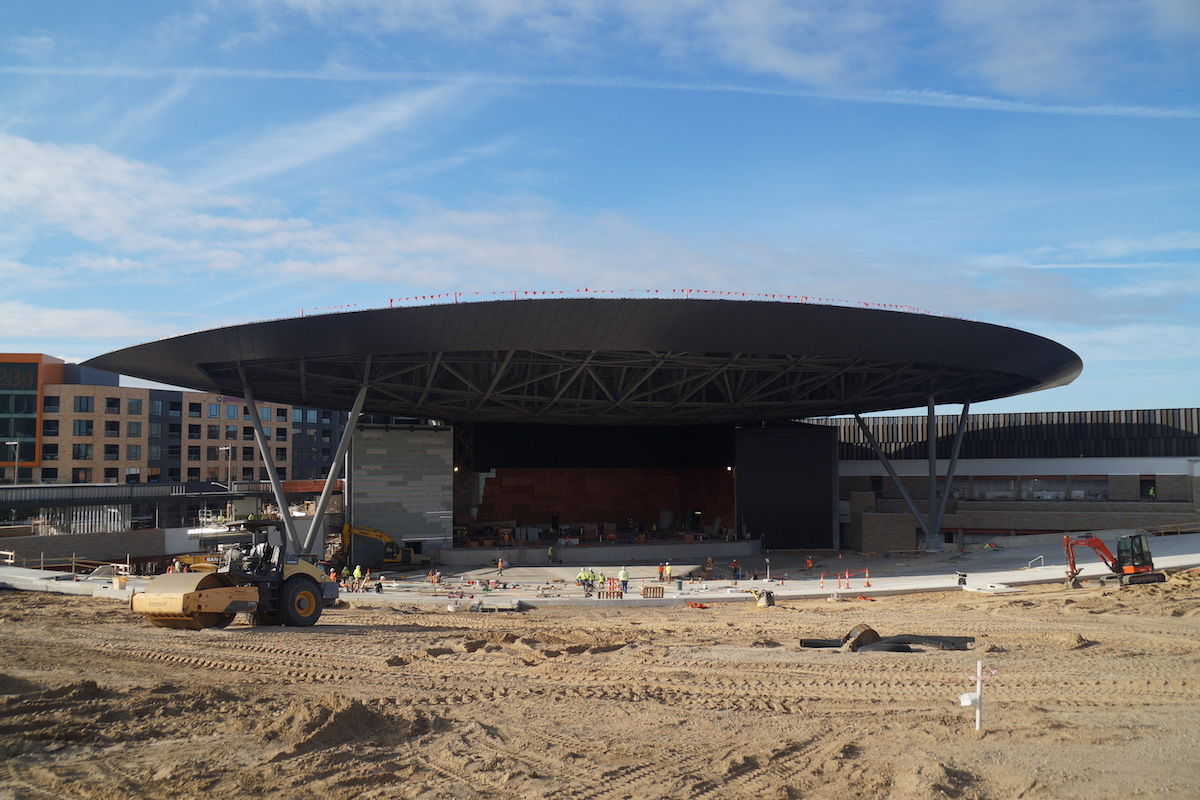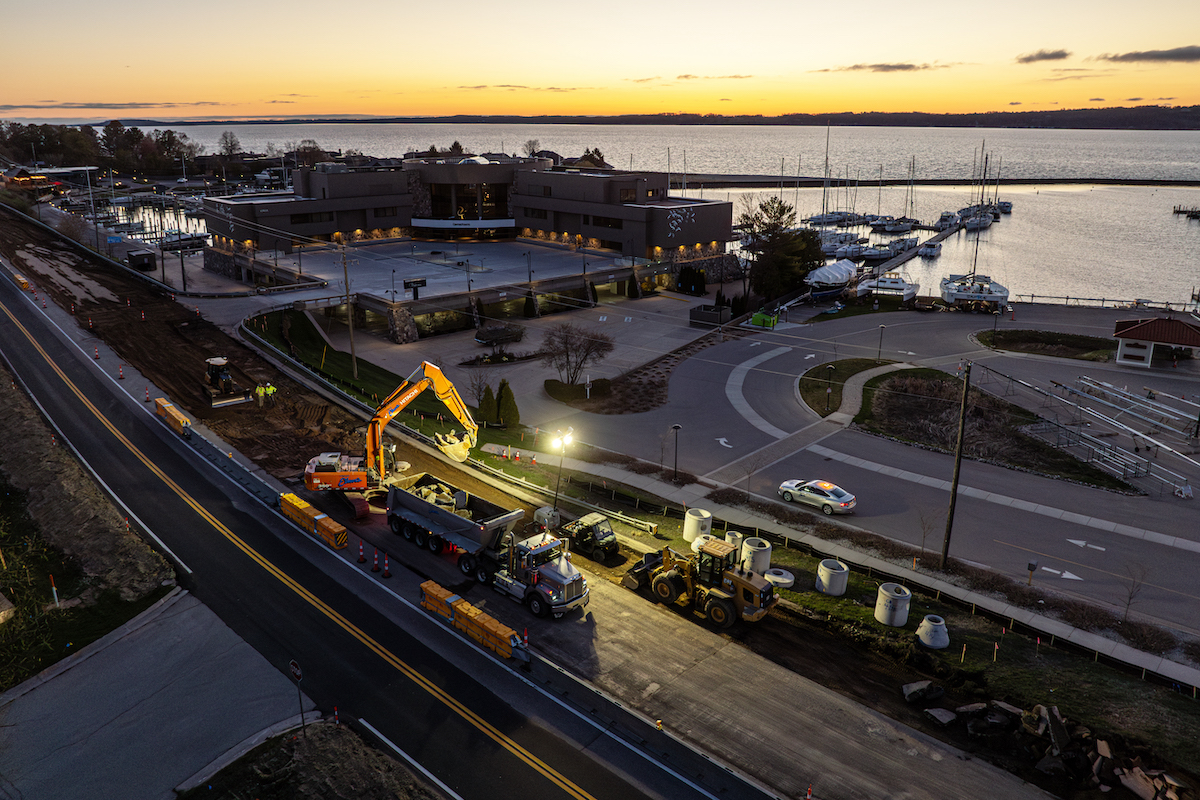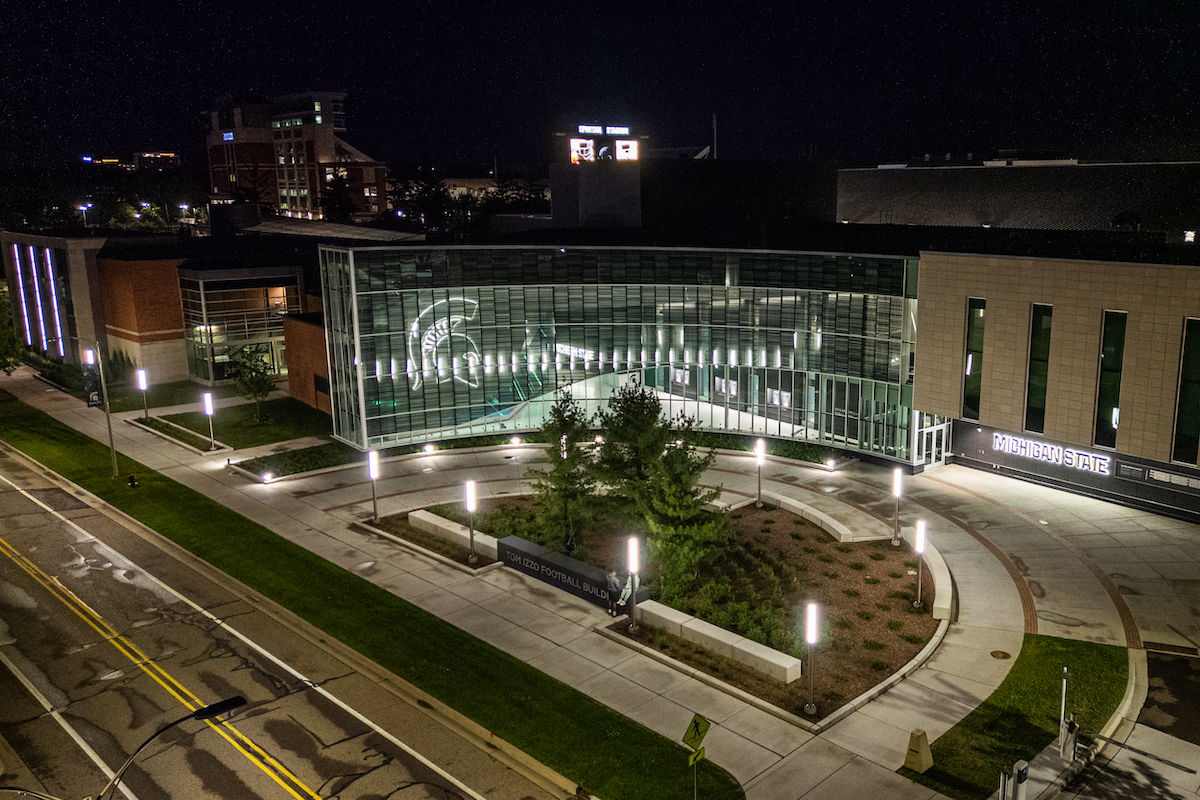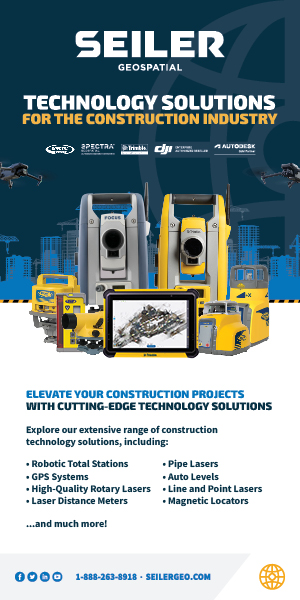“What sets us apart is our willingness to take on complex projects,” says Kyle Carpenter, President, Gary Carpenter Construction. “We’re not scared to go take on something that’s a little bit more involved rather than just mass earthmoving. Something that’s a little more tedious – a little bit more of a special project. We’ll take that on.”
The company’s fleet – which includes everything from mini excavators to dozers and compaction equipment – is spread across numerous jobsites at any given time and features equipment with a broad range of horsepower, emissions needs, oil types and varying preventive maintenance (PM) schedules.
In addition to the challenge of finding qualified employees, the company also had experienced challenges relatively common among decentralized fleets of equipment, including how best to perform PM activities in a way that optimizes uptime, how best to get those fluids and materials to the field, and how best to dispose of waste fluids when the work is completed.
“We had an old truck that was outfitted as a fuel and lube truck for years — the problem with that is we needed a driver that had a CDL and HAZMAT endorsement,” says Carpenter. “He ended up retiring and it was really challenging finding someone to replace him that met those requirements.

| Your local Trimble Construction Division dealer |
|---|
| SITECH Michigan |
“In the beginning of last year, we saw that Thunder Creek came out with the SLU and decided that this was going to be a good fit for us.”
The proprietary element of this design that allows Carpenter to operate this truck with a driver who carries no CDL or HAZMAT endorsement is the size of the tanks and how it all plumbs together. No individual tank exceeds 115 gallons, which falls under the quantity levels of a hazardous material in a single tank/container.
“Our operator right now does not have a CDL, does not have a HAZMAT, and that’s huge for us,” says Carpenter. “He does a great job and it opens up the hiring pool for us. It allows us to get better candidates without having to be restricted by those requirements.”
The mobile PM capabilities have allowed the company to schedule service more strategically and do so in a way that optimizes machine productivity/uptime.
“Being able to do service PMs out here in the field, rather than having to shut a piece down on a job, bring it back in to get service for a day or so, is critical,” says Carpenter. “I would say that now, compared to when we were doing it before, the time’s cut in half, easily. Being able to reclaim oil on the upfit and have the oil right there – we’re not carrying around jugs or anything like that – I would say the time is cut in half.”
“This is something we thought about for several months – we wanted to be able to fuel a job, we wanted DEF, hydraulic oil, motor oil, and we wanted to be able to do service in the field.”
Another Thunder Creek hallmark that Carpenter and his team enjoy is the proprietary 2-in-1, closed loop DEF system, which helps ensure the cleanliness and quality of DEF while providing an efficient and self-contained way to deliver it to the field.
“We were basically carrying around DEF in little 5-gallon jugs,” says Carpenter. “Not ideal under any circumstances. Having the DEF system on this truck with the reel has been a huge help to us, and ultimately being able to do this stuff quicker out in the field over time, it just helps our overhead. It keeps us up and running.”
“Being nimble on job sites, being able to get in and out, turn around – we work in some locations where it’s tight,” says Carpenter. “A mini excavator in between two buildings – we need to be able to get in there and get out with something like this. So that played into our decision for sure.”
Altogether, the investment has made sense for Carpenter, and helped the company achieve some of its most important field service goals.
“The more we’re up and running, the more efficient we are, the less overhead we’re looking at – it’s definitely contributed to reducing our bottom line.”
















